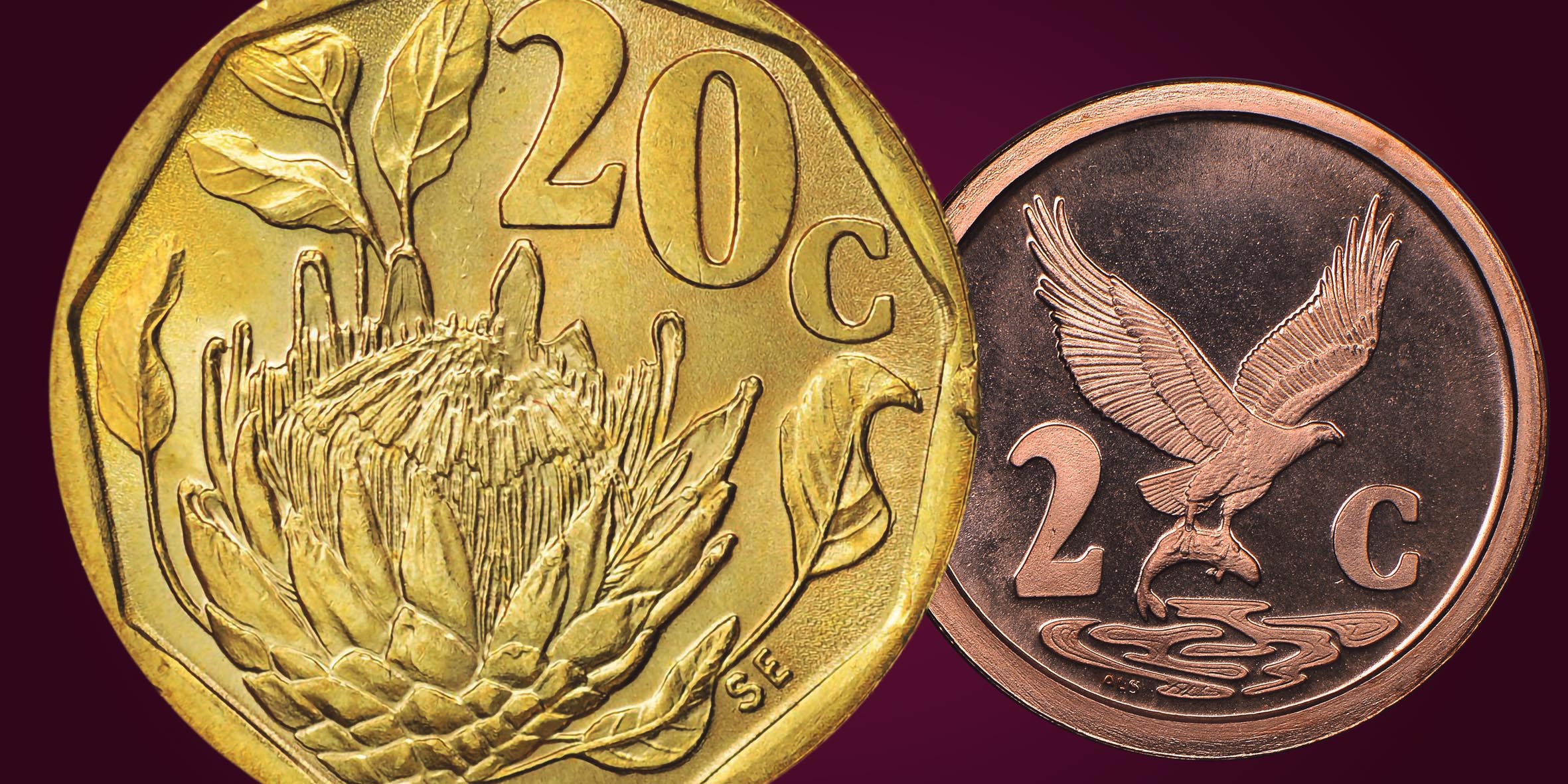A cautious approach that failed to meet expectations – that was the consensus from market commentators reviewing the mini budget revealed by Finance Minister Enoch Godongwana on Wednesday, 30 October.
Citadel’s chief economist, Maarten Ackerman, said the Medium-Term Budget Policy Statement (MTBPS) had dampened optimistic market expectations fuelled by recent advancements, such as the formation of the government of national unity, energy improvements and cooling inflation.
“The budget’s cautious tone reflects South Africa’s true fiscal challenges, evidenced by immediate market reactions, rand depreciation and bond sell-offs that reinforce the serious work needed to realign expectations with reality,” he said.
Pay back the money
The country faces a significant debt problem that doesn’t seem to be decreasing, despite constant reassurances in February each year that Treasury is looking to cut costs. Debt service costs will reach R388.9-billion in the current financial year. In other words, 22 cents of every rand raised in revenue will go towards servicing debt – up from 20 cents last year.
“The government spends more on debt service costs than on basic education, social development, economic development, peace and security, and health,” observed Sanisha Packirisamy, the chief economist at Momentum Investments.
Read more: Markets give MTBPS an initial thumbs down, analysts note disappointing ‘fiscal slippage’
The problem is that decisions made throughout the year tend to undermine February’s good intentions. For example, the largest portion of government spending goes to public wages. In February 2023, Treasury announced that public sector wage increases would be limited to 3.5%, but it was later forced to push through an annual increase of 7.5%.
The public sector wage bill remains high, and although early retirement packages are on offer, reducing debt sustainably will demand even more robust reforms. The government plans to spend R11-billion over the next two years to encourage early retirement, which will help to reduce the bloated wage bill and introduce a welcome, younger labour force.
But Packirisamy was sceptical, saying this initiative – targeted at 30,000 workers – was unlikely to unlock massive savings in the wage bill given a low take-up of early retirement options in the past.
Read more: Budget in a box — your summary here
Ackerman pointed out that South Africa’s debt-to-GDP ratio, now at 75.5%, was unsustainable and starkly higher than peer emerging markets. Despite achieving a positive primary balance, debt costs consume more than 20% of the budget, an area he believed required urgent attention.
Casey Delport, a fixed income investment analyst at Anchor Capital, said although the fiscal strategy remained steady, the extent of slippage, though moderate, was disappointing. “The combination of revenue shortfalls and a sharp rise in expenditures has resulted in a wider deficit in the 2024 MTBPS compared with the February Budget Review,” he said.
“Nevertheless, despite this larger fiscal deficit, the deficit trajectory shows improvement.”
 Minister of Finance Enoch Godongwana at a media briefing before his Medium-Term Budget Policy Statement at Parliament on 30 October 2024. (Photo: Gallo Images / Brenton Geach)
Minister of Finance Enoch Godongwana at a media briefing before his Medium-Term Budget Policy Statement at Parliament on 30 October 2024. (Photo: Gallo Images / Brenton Geach)
The primary surplus for the main budget is expected to grow over the medium term to support debt stabilisation by 2025/26, with the main budget deficit projected to decline from 4.7% of GDP in 2024/25 to 3.4% by 2027/28.
The Banking Association of South Africa (Basa) was positive about the lack of big-ticket spending and bailouts for state-owned enterprises, saying this showed that the “government has the political will to get its finances in order”.
“Rather than spend inefficiently, it has committed to deliver on policy reforms... to attract private sector investment and skills into vital economic infrastructure.”
This is good news – provided Treasury continues to hold the line in February 2025 and throughout next year.
Read more: A bird’s-eye view of Enoch Godongwana’s economic agenda
Basa’s managing director, Bongi Kunene, pointed to a hopeful future, saying: “Many stakeholders in the economy agree that it is only by facilitating economic growth and effective partnerships that South Africa will... manage its competing priorities of reducing debt while investing in its economic infrastructure and its people.” DM
This story first appeared in our weekly Daily Maverick 168 newspaper, which is available countrywide for R35.





 CAPE TOWN, SOUTH AFRICA - OCTOBER 30: Minister of Finance Enoch Godongwana at the media briefing before 2024 Medium Term Budget Policy Statement at Imbizo Media Centre at Parliament on October 30, 2024 in Cape Town, South Africa. The statement outlined government's policy goals and macroeconomic forecasts for the next three years. (Photo by Gallo Images/Brenton Geach)
CAPE TOWN, SOUTH AFRICA - OCTOBER 30: Minister of Finance Enoch Godongwana at the media briefing before 2024 Medium Term Budget Policy Statement at Imbizo Media Centre at Parliament on October 30, 2024 in Cape Town, South Africa. The statement outlined government's policy goals and macroeconomic forecasts for the next three years. (Photo by Gallo Images/Brenton Geach) 